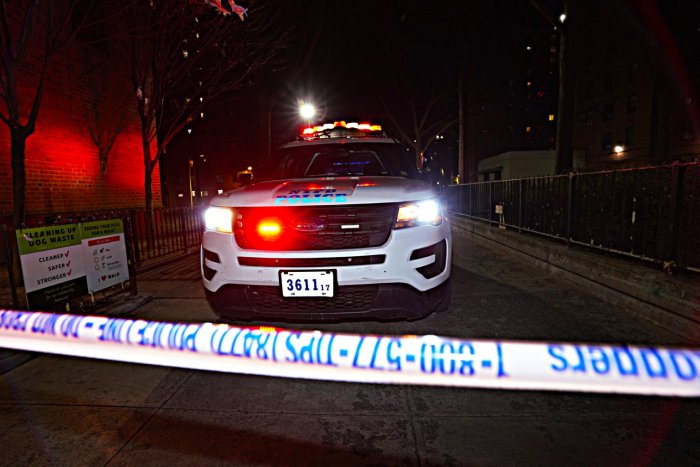By Michael Rymer
Authors present videos that comment on human rights abuse
Most high school students associate their cell phones with freedom. Their contact lists and photos are directories for their independent social lives. Next Wednesday, April 30, about 120 New York City high school students – most toting cell phones – will convene in the auditorium of the Instituto Cervantes to learn how to learn how cell phones are being used in the developing world to help fight for the kinds of social freedoms they enjoy.
“Witness: A Special Program for High-school Students,” a program of this year’s PEN World Voices Festival, will feature presentations by four writers: Nigerian-American novelist Uzodinma Iweala; Greek short story writer Amanda Michalopoulou; American author of young adult books Patricia McCormick; Indian-American young adult writer Kashmira Sheth; and Jutta Richter, a German young adult writer. Each writer will play short video clips from The Hub, a new beta website that allows people from around the world to upload footage that either captures or comments on human rights abuses. (Many of the clips contained on The Hub were originally captured on cell phones.)
The Hub is the latest initiative of WITNESS, an organization that has since its inception over 15 years ago distributed cameras across the developing world with the mission of helping to document human rights abuses. Created in 2007 in recognition that many people in the world now have cameras — there are currently over a billion camera phones in use — The Hub is a beta site that allows users to not only upload content but also comment on and rate videos and participate in discussions. The creators of The Hub, which has received twelve million hits since its launch, describe the site as a “You Tube for Human Rights.”
Wednesday’s program, which WITNESS has planned in partnership with PEN’s Stacy Leigh and Caro Llewellyn, will introduce the site to classes and groups from several New York City public schools, including the High School of Enterprise, Business and Technology in Brooklyn, the High School of Health Professions and Human Services in Manhattan, and the Queens High School of Teaching, Liberal Arts and Sciences.
Leigh hopes that watching clips the writers select from The Hub will expose students to the power of collective witness. “It models for them that it matters that someone pulled out a cell phone and caught someone getting a beating somewhere, that that’s not an action that goes into the ether, that it’s an action that goes up and lands everywhere and can even bring an entire room of people together,” she said.
Kashmira Sheth grew up in a middle class family in Gujarat and Mumbai, but says her observation of inequity in Indian society at an early age has influenced her choice of subject matter as a writer. “I saw a lot of things happening around me,” she said. “There was a lot of poverty.” Sheth’s 2007 historical novel, “Keeping Corner,” tells the story of a 12-year-old Indian child widow.
The videos Sheth selected for her presentation include one of a Tibetan monk making an appeal for support of the Tibetan People’s Uprising Movement, a Tibetan resistance effort and a Hindi music video depicting a woman who flees an abusive marriage. She also selected footage of a 12-year-old Afghani girl who weeps as she describes her abusive husband. Sheth, whose daughter credits a trip to India when she was eight years old with her choice to become a human-rights lawyer, hopes “Witness: A Special Program for High-school Students” will influence some students to pursue human-rights work. “Sometimes something people see when they’re young can influence their choice of career,” she explained.
For her part, Leigh hopes the technology-inspired dialogue of the program will “demystify what it is to be a writer. They say, ‘That guy’s got a shirt from Old Navy. I have shirts from Old Navy. Writers are not made of other stuff,’’ she said.
Leigh recalls a moment during one of the programs for high school students last year when a student in the audience called attention to Uzodinma Iweala’s outfit of blue pants and pink socks. “It sent hearts aflutter,” she said.
“The kids came in asking, ‘What are we here for?’ and saying, ‘I don’t want to be here. Writing sucks.’ And they came out like little transformed beings. They were buying books. They were getting everything signed. They were getting their photos taken,” said Llewellyn, the Director of the PEN World Voices Festival.
Leigh anticipates that this year a new group of students will be sold on the idea that “reading and writing are as active as any human interaction. They make possible remembrance. They make possible change,” she said.



































